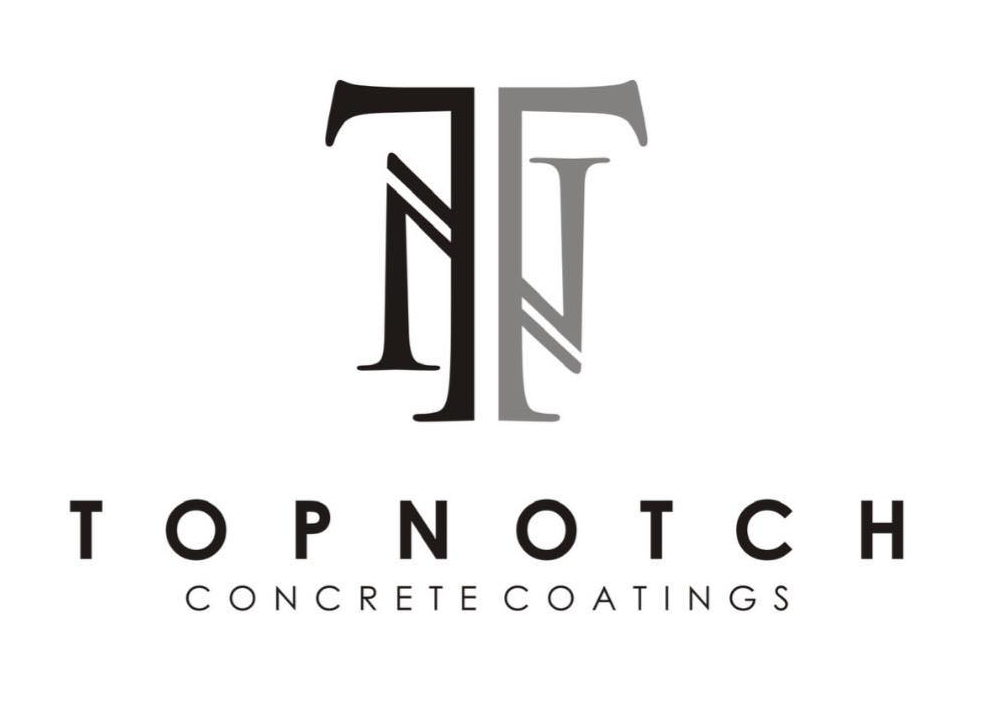FAQs
TopNotch Concrete Coating
Have a concrete coating-related question? We have the answer. Check out these FAQs and give us a call today for more information!
My floor has cracks — will they show through the coating?
At TopNotch Concrete Coatings, our surface preparation process begins with grinding, filling, and sealing any cracks in your floor. Color chips in our standard 3-layer coating system do a great job of hiding imperfections, so you'll never know they were there. As a trusted concrete coating company in Murfreesboro, TN, we focus on delivering durable finishes that look great and last for years.What about expansion or contraction joints?
Common in concrete slabs, expansion or contraction joints won't be a problem. TopNotch Concrete Coatings has a few options. When we meet with you for your initial consultation or moisture test, we'll take a look and help you decide on the best solution. Contact us today to connect with a reliable concrete coating company in Murfreesboro, TN.Do I need to be home on installation day?
No. You can just arrange for us to have access to your garage or project space. You'll come home to a brand-new coated floor at the end of the day. Please make sure everything has been cleared off the floor before we arrive. Contact us today to explore our installation services, including epoxy flooring in Murfreesboro, TN.What do I need to do to prepare for installation day?
We need a clear, bare space. Remove everything off your garage floor before we arrive. As a concrete coating company in Murfreesboro, TN, we can work more efficiently when the space is fully prepped.How do I clean my new floor?
For general maintenance, a leaf blower is far more effective at removing dust and dirt than it was with your old concrete floor. For periodic cleaning and maintenance, warm vinegar water and a mop are all you need. Pressure washing your new floor will damage the topcoat! If you’re interested in epoxy flooring in Murfreesboro, TN, contact us today to learn more about a durable surface that’s easy to maintain.Is a coated floor slippery to walk on?
Not under dry conditions. Any surface can become slippery when wet due to hydroplaning or ice accumulation. The chip layer we install in our standard 3-layer coating system adds texture to your floor to prevent hydroplaning. We include an anti-slip grit to your topcoat to help keep your feet on the ground. As a concrete coating company in Murfreesboro, TN, we take extra steps to ensure your floors are both safe and durable.Do I need to worry about damaging my new floor?
Once the topcoat is fully cured, your floor is impervious to most chemicals and oils. The only exception is strong acids such as battery acid which will eventually eat through almost anything, including a chemical floor coating. If you have a battery leak, clean it up with water and vinegar right away. With any flooring surface, avoid sliding anything sharp and heavy across the floor as this can scratch the surface. To enjoy the same strength and easy maintenance in your own garage, reach out to us today about epoxy flooring in Murfreesboro, TN.Why should I hire a professional for my concrete coating?
A DIY project comes with the risk of improper installation. This can cause polyurea problems in your final product and be dangerous if handling chemicals. For concrete coating, hiring a professional ensures you get the job done right and with quality. There is a lot of prep work required for an even coating. Many professionals use a special diamond grinder that you won't find in your typical garage storage. Choosing a trusted concrete coating company in Murfreesboro, TN gives you the confidence that your floor will be installed safely and built to last. According to Mordor Intelligence, the United States Floor Coatings Market size is estimated at USD 1.91 Billion in 2025, showing just how many homeowners and businesses are investing in professional solutions like these.
